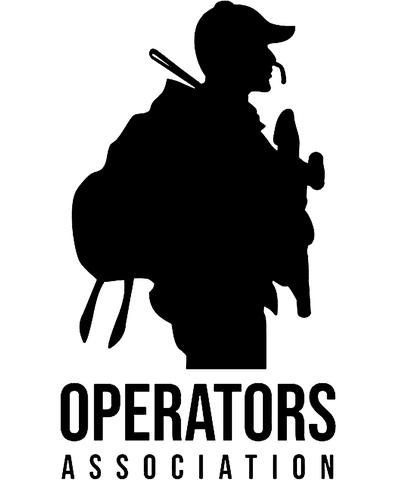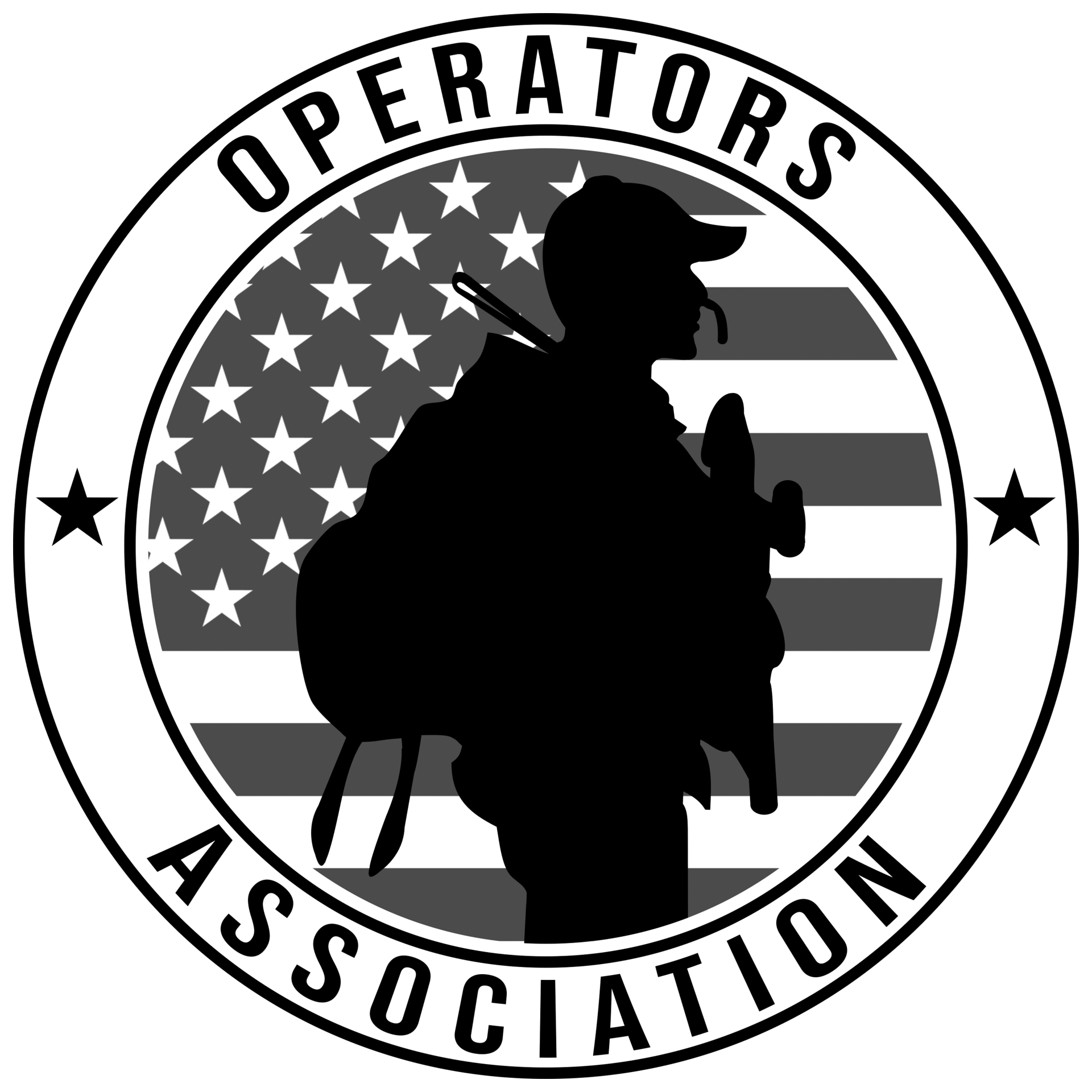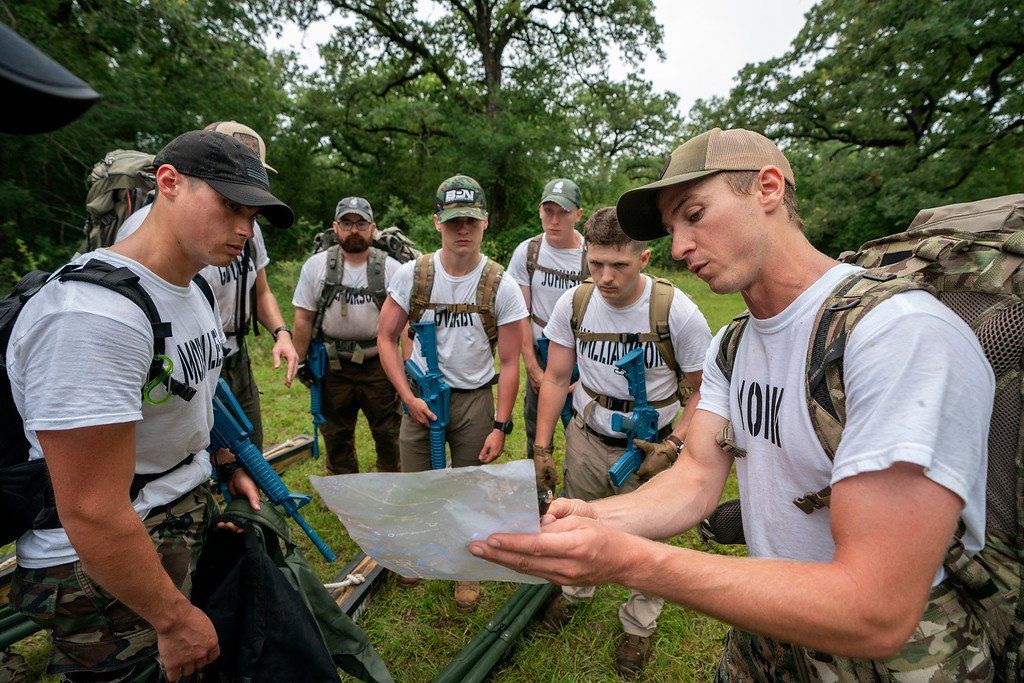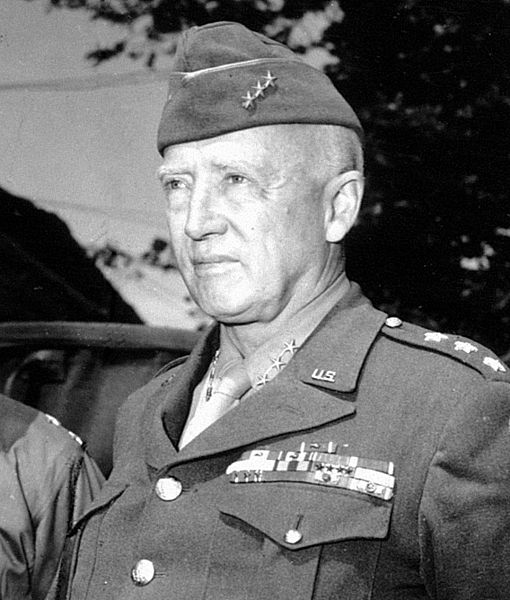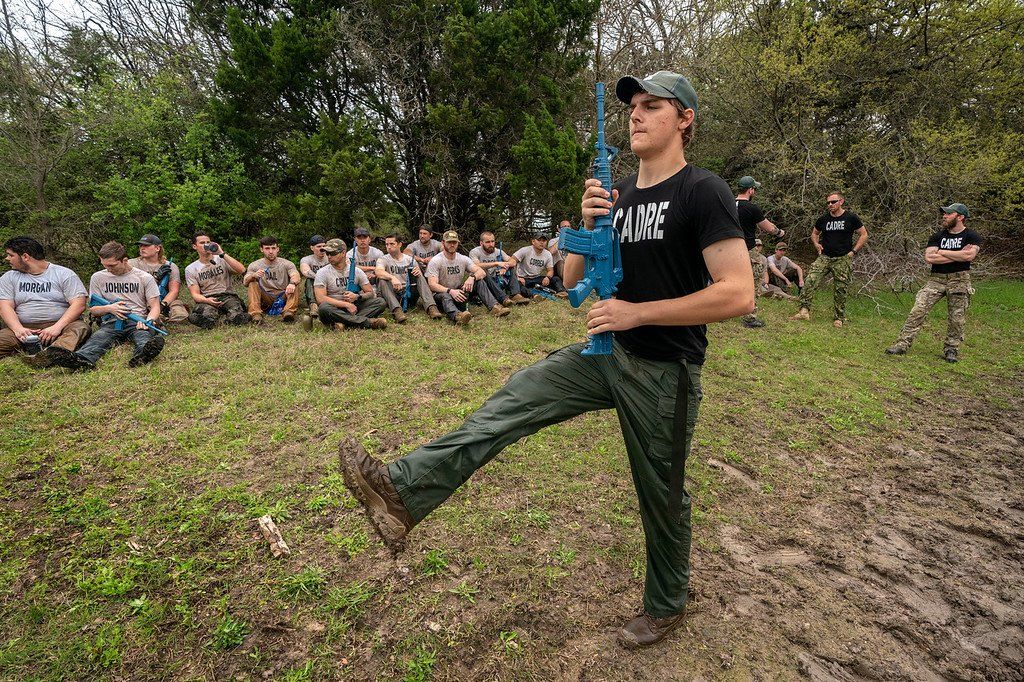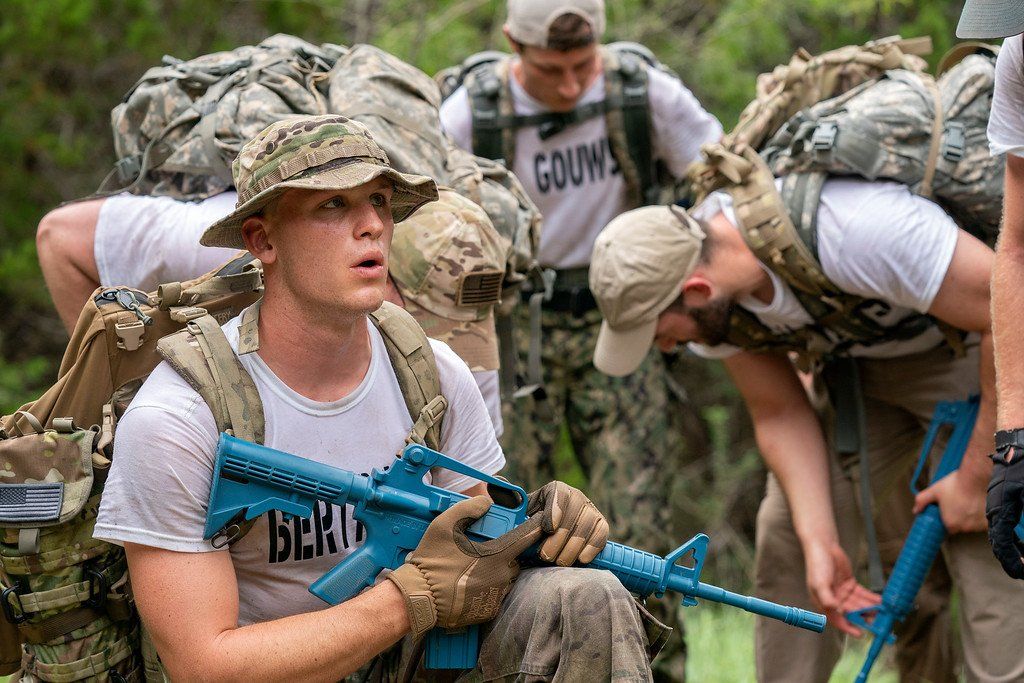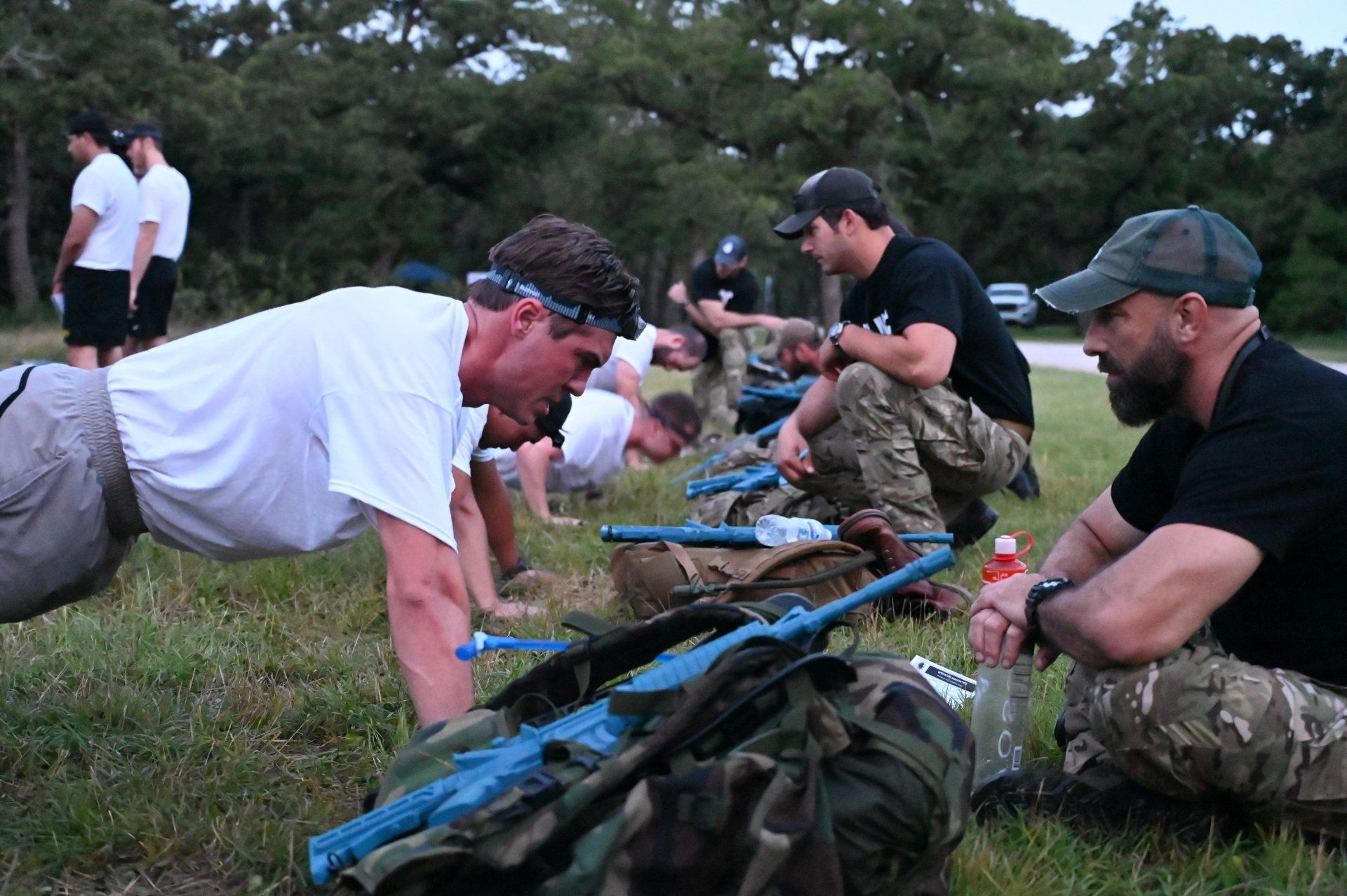The 4 Key Tasks of a Leader
Jul 02, 2021
What it takes to become a special forces leader.
In the special forces, being a leader is about more than making decisions and yelling orders. Competent leaders are also tactful communicators, proactive problem solvers, and inspirational teammates. During special operations, every team member is expected to have these traits and be fit to take charge of the situation – regardless of rank.
Although there are countless books, guides, and manuscripts written about effective leadership both on and off the battlefield, all leaders have four fundamental tasks that they must carry out: Collect Information, Create Plans and Procedures, Influence Decisions, and Inspire and Facilitate Progress.
You might not be a special forces operator just yet, but you can apply these four core tasks to stand out in your business, sports team, or special forces selection and lead your team to victory. Even if you aren’t technically a leader (as in, not in an official position of authority), you can still apply these concepts to become a more effective, adaptable, and inspiring member of your community.
1) Collect Information
The first task of a leader is to collect information. As a team manager, you are responsible for finding out as much as possible about a situation. For an operator, this means reading intel, memorizing maps of surrounding areas, and understanding the political or religious views of the local populace. Meanwhile, in the civilian world, this can include memorizing your daily commute and alternate routes, being aware of what business competitors are doing, and reading stock market reports. The more you know, the more informed you can be in your decision-making and subsequent execution of your plans. Having knowledge also helps you adjust to changing situations by making you more adaptable. You gain a new perspective on events and become aware of different possibilities for solving problems.
Special forces operators pride themselves on adaptability. Although an operator might not officially be a medic, for example, he must have the basic lifesaving skills and knowledge to respond in an emergency and keep his team alive.
2) Create Plans and Procedures
The next task of a leader is to create plans and operating procedures. Although special forces operations are often dynamic and unpredictable, planning is critical to maximizing the efficiency of action. Leaders are also responsible for creating operating procedures that outline best practices for how common tasks should be performed.
Without planning, even the most competent teams can quickly become disoriented and disorganized when they encounter an obstacle. In both the military and civilian world, planning is a critical aspect of leadership that often makes the difference between a successful mission and an embarrassing failure.
3) Influence Decisions
Contrary to popular belief, a leader doesn’t always have to make decisions. In fact, some of the most effective military and civilian leaders are those who can take input from others. As a leader, you don’t have to be the wisest person in the room, but you must be the most influential.
The biggest error that leaders make is failing to control their ego. Many inexperienced leaders believe that influencing decisions means bending people to their will. In reality, influencing decisions simply means ensuring that the team takes the best possible course of action, regardless of who came up with the plan.
Part of influencing decisions also includes taking responsibility and ownership when things go wrong – nothing is worse than a leader who points fingers and assigns blame. As a leader, you are responsible for the performance of your team. You will be praised for your team’s victories, but you must also be willing to hold yourself accountable for failure. There are no bad followers, only bad leaders.
4) Inspire and Facilitate Progress
The final core task of leadership is to inspire and facilitate progress. Leaders in the special forces are always looking for ways to make their teams more effective and efficient. This includes thinking of new strategies, identifying and solving problems, and inspiring their teammates to improve. If you want to become an effective leader, become aggressive in your quest for progress. Proactively identify obstacles and strive to overcome them. Continuously improve yourself and inspire your teammates to do the same.
You can read all of the guides in the world, but the best way to learn how to lead like an operator is from a genuine operator. That’s where we come in. When you join as an OA Aspiring Operator, you get instant access to real active and future operators who will guide you on your path.
Your membership includes everything from weekly live Q&A sessions with active special forces operators to a 900+ member community of equally driven and determined individuals. If you want to be an operator, joining Operators Association is the most influential decision you will make. Sign up today!
